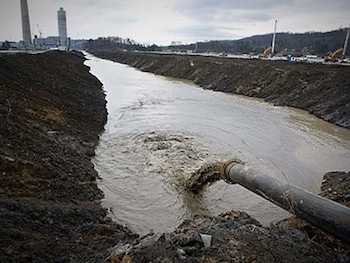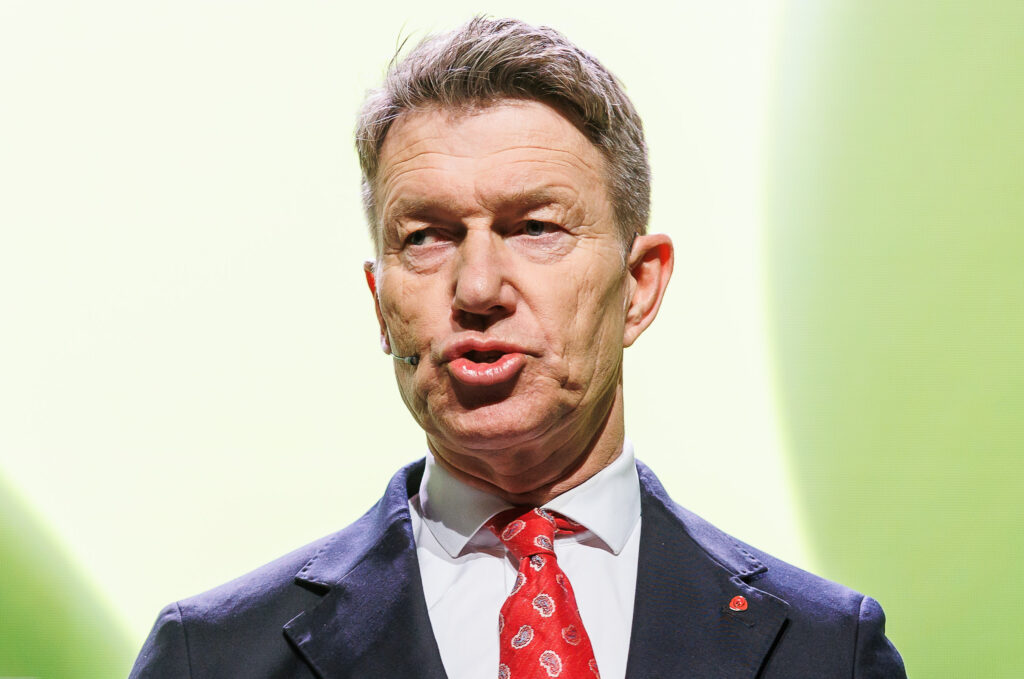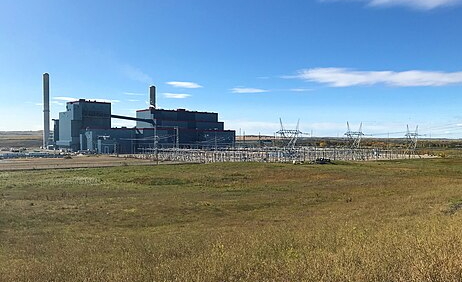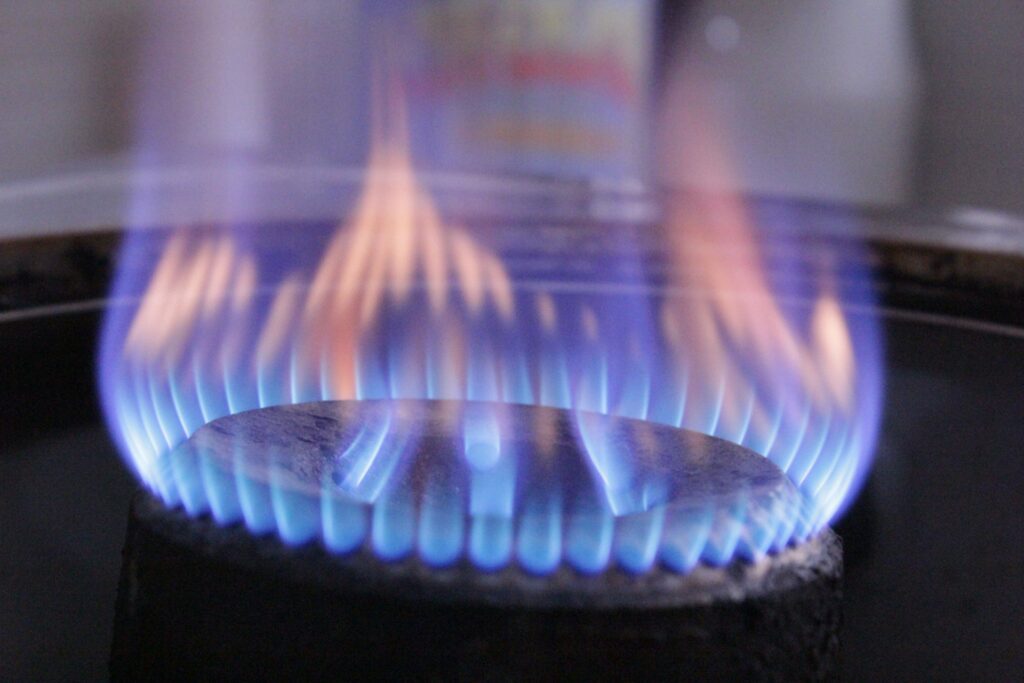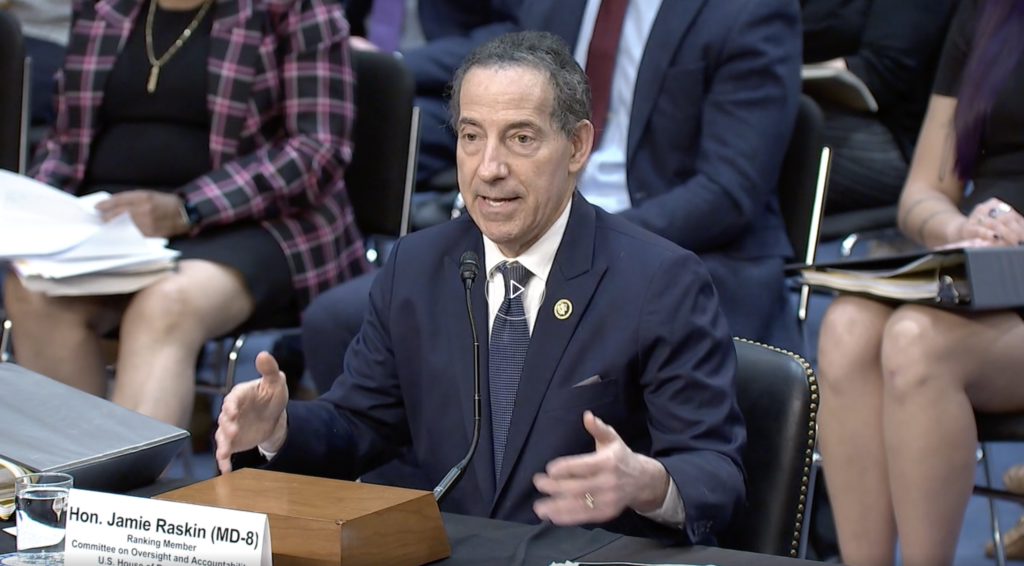In December 2014, the U.S. Environmental Protection Agency released long-awaited coal ash safety standards designed to increase the reliability of coal ash disposal sites. These standards had been years in the making, but stopped short of classifying coal ash as a hazardous waste material, which many advocates had been hoping for.
The new standards enacted by the EPA require stricter structural integrity standards for new coal ash disposal sites, and mandate that the ash ponds not be located near sensitive environmental areas such as wetlands or near fault lines. They also ramped up the inspection and compliance standards for existing disposal sites. The new standards also require coal companies to publicly disclose disposal operations.
While all of these new requirements are fairly common sense steps, coal industry-funded politicians in Washington are not happy, and one month after announcing the new standards, they began launching their attack to undo them.
Leading the charge is Republican Representative David McKinley from West Virginia. McKinley sponsored legislation earlier this year that would strip the public disclosure portion of the rules and allow states to take over the permitting process for coal ash disposal site construction, effectively pushing the EPA out of the way.
The bill passed a House Energy and Commerce Committee subpanel vote in late March, and now awaits a full committee vote for a chance to make it to the House floor.
All of the subpanel’s Republican members and three Democrats voted in favor of gutting the new safety standards because they claim that the industry had “concerns” about the new measures. Not unexpectedly, the concerns of the public are being ignored in favor of the industry.
Rep. McKinley has been on the receiving end of hundreds of thousands of dollars from the dirty energy industry over the course of his career, with coal companies making up 4 of his top 5 all-time campaign donors. The mining industry represents the single largest source of his campaign cash.
Frank Holleman, Senior Attorney at the Southern Environmental Law Center, issued the following statement in response to McKinley’s bill:
“Rep. David McKinley’s bill would dismantle the EPA’s recently announced coal ash protections, put public health and safety at risk by stripping the few critical safety requirements and protections included in the rule, and result in continuing coal ash contamination with no repercussions or responsibility for cleanup. Coal ash contains toxic substances harmful to people like arsenic, and irresponsibly disposed coal ash is currently leaking into waterways and groundwater, endangering communities across the country.”
Again, these safety standards were long overdue, and it took less than a month for the dirty energy industry’s hired politicians to begin work dismantling these protections. Because of the industry’s stranglehold on our political system, the most effective route at this point would be class action lawsuits against the industry for polluting areas with coal ash and forcing them to change their behavior by way of jury verdicts.
At the very least, these lawsuits would shine a needed light on the conduct taking place behind the scenes between the industry and our elected leaders.
Image via EarthJustice.
Subscribe to our newsletter
Stay up to date with DeSmog news and alerts


